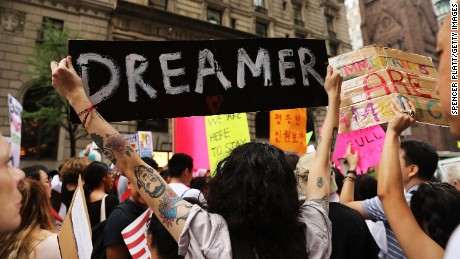By Sophia Simeone
Contributing Writer
“I used to work for the government. Now I work for the public.”
So reads the Twitter biography of Edward Snowden. The former employee of the National Security Agency has come to personify the movement for government transparency in the post-9/11 age. To some, Snowden is a martyr for free speech, a whistleblower who performed an essential public service. To others, he is a traitor—Republican presidential nominee Donald Trump has even called for his execution.
In 2013, Edward Snowden flew to Hong Kong and met with journalists Glenn Greenwald and Laura Poitras, whom he entrusted with thousands of classified government documents. Within months, the mind-boggling scope of the NSA’s bulk data collection was public knowledge. The NSA had been monitoring the cell phone, web and email communications of millions of Americans in complete secrecy.
The Snowden leaks transformed the national conversation around cybersecurity. In May 2015, a federal appeals court in the state of New York struck down Section 215 of the Patriot Act, the legal justification behind the NSA’s surveillance of phone data. The United Nations issued a series of resolutions on protecting digital privacy. And many technology companies, such as Google, Yahoo, and Facebook, began to strengthen privacy measures by using end-to-end encryption.

With the recent theatrical release of Oliver Stone’s Snowden, debate has reignited around the question of Snowden’s guilt. Human rights organizations including Amnesty International, the American Civil Liberties Union, and Human Rights Watch have launched the “Pardon Snowden” campaign, urging President Obama to allow Snowden to return to the United States without facing criminal prosecution.
Last Thursday, the House Intelligence Committee released a scathing report in condemnation of Snowden’s actions. Only three pages of the 36-page report are available for public consumption. Those three pages accuse Snowden of being a “serial exaggerator” who sought revenge against his employers after a “workplace spat.” The report claimed that the leak interfered with the government’s ability to monitor terrorists and adversaries overseas, as well as domestic criminals.
The report was both bipartisan and unanimous, a rarity in American politics—which suggests the likelihood of a presidential pardon is slim. “Mr. Snowden’s dangerous decision to steal and disclose classified information had severe consequences for the security of our country and the people who work day in and day out to protect it,” wrote Lisa Monaco, President Obama’s counterterrorism advisor, in response to an online petition requesting Snowden’s exoneration. She added that he “should come home to the United States, and be judged by a jury of his peers — not hide behind the cover of an authoritarian regime.”
If he returned to face trial, Snowden would face charges under the Espionage Act of 1917. In determining guilt, the Espionage Act does not take into account the content of information leaked—only that it was unauthorized to be released. Nor does it allow for Snowden to testify before a jury.
The proponents of the “Pardon Snowden” campaign argue that strict punishment of whistleblowers reinforces a lack of government accountability. It discourages future whistleblowers, ensuring that vital information never makes its way to the public.
“Being patriotic doesn’t mean simply agreeing with your government,” Snowden told the New York Times on Friday. “I would argue that being willing to disagree, particularly in a risky manner, is actually what we need more of today. When we have this incredible, often fact-free environment, where politicians can simply make a claim, and then it’s reported, without actual critical analysis …how do we actually steer democracy?”















CineMuseFilms • Sep 26, 2016 at 1:54 am
Great article thank you. Oliver Stone has produced a well-made and engaging film that presents Snowden as a principled romantic and modest hero.